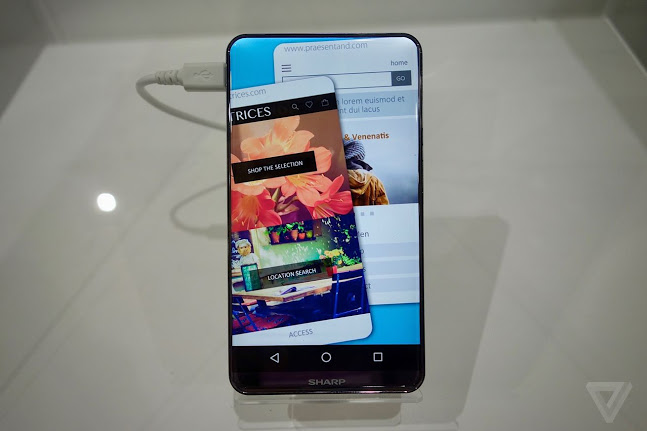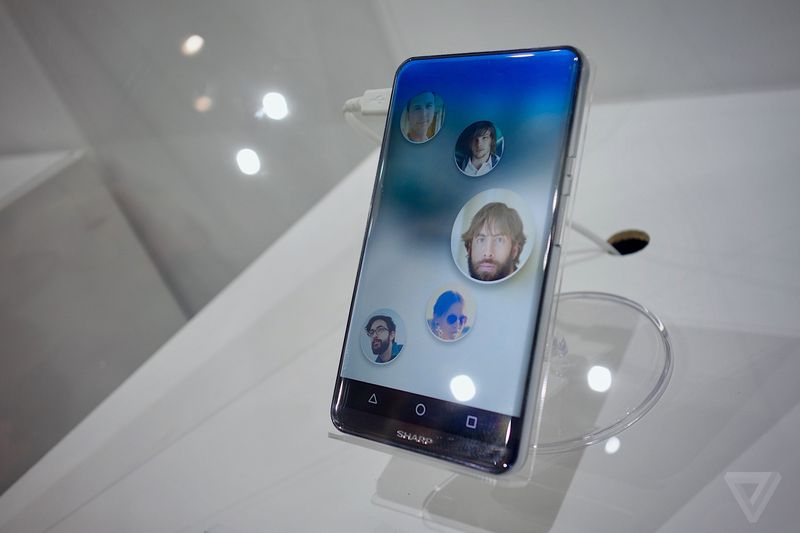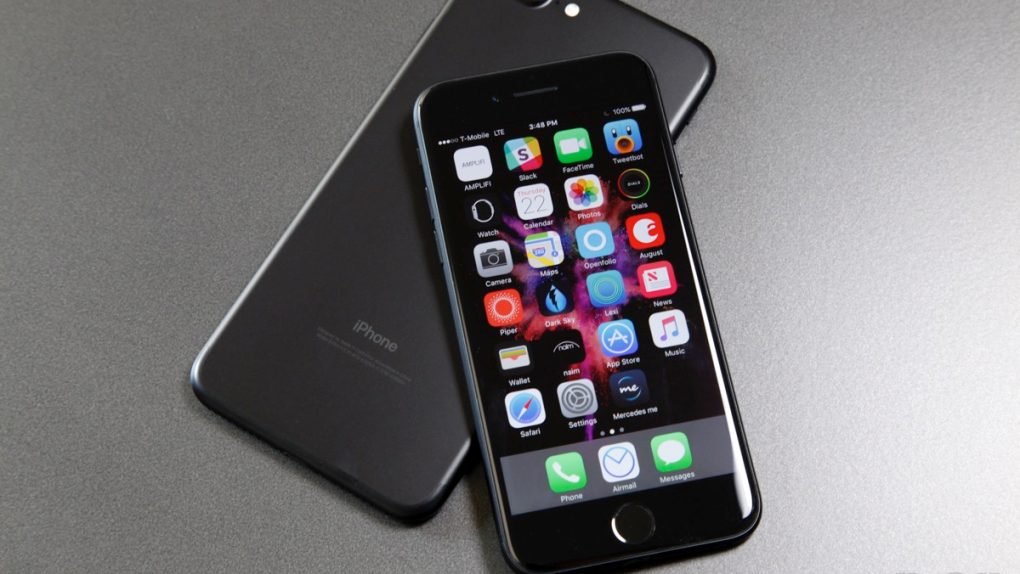The iPhone 7 Plus is currently the best iPhone money can buy. The handset has a better camera and more RAM than its smaller counterpart, which is a first for Apple. Previous iPhone pairs including the iPhone 6/Plus and iPhone 6s/Plus had nearly identical feature sets, with only minor differences existing between them (screen and battery size, and optical image stabilization). But the iPhone 7 Plus is still a very big device — too big for some people — and the size is unavoidable due to Apple’s current design.
Next year’s iPhone 8 Plus is also expected to be the better version of the iPhone 8, but the phone doesn’t necessarily need to be as big as the iPhone 7 Plus.
DON’T MISS: Under no circumstances should you buy a Galaxy Note 7
The front side of the iPhone features large spaces at the top and bottom that are needed to house various components, including the front-facing camera, speaker, sensors and the home button.
Next year, Apple will place the home button under the iPhone 8’s display. The phone will likely not have a headphone jack either. These design choices would let Apple expand the screen across more of the iPhone’s face. In other words, the company could reduce the sizes of the iPhone 8 and iPhone 8 Plus without reducing the display.
But it turns out that Apple could also reduce the top bezel of the handset by employing an edge to edge display. And at least one company gas already made such a screen.

Sharp’s Corner R display, shown above, can be cut in different shapes, The Verge reports. Such a solution would let Apple equip its iPhone 8 models with edge-to-edge displays. Sure, the display in the image above is mounted on an Android prototype device with no ear speaker. But Sharp has made similar bezel-less displays for its smartphones before.
Also worth noting is the likelihood that Sharp probably isn’t the only company working on displays like this for the future, especially when it comes to the iPhone. That said, Sharp is rumored to increase OLED display manufacturing investments to meet Apple’s iPhone demands, with production set for 2018 for the iPhone 8’s successor.
Specs-wise, the Corner R display in these images measures 5.2 inches and offers Full HD resolution. This is an IGZO LCD, however, which probably means it would not be found on Apple’s iPhone 8 next year, since it will reportedly feature an OLED screen.
While a full-screen solution like this would let Apple place the home button underneath the display, it’s not clear where the front-facing selfie camera, earpiece and sensors would go.

Finally, the Sharp Connect R screen featuring Free-Form Display technology is only a prototype for the type being, so don’t expect to see it in a commercial product anytime soon, be it an Android device or an iPhone.








